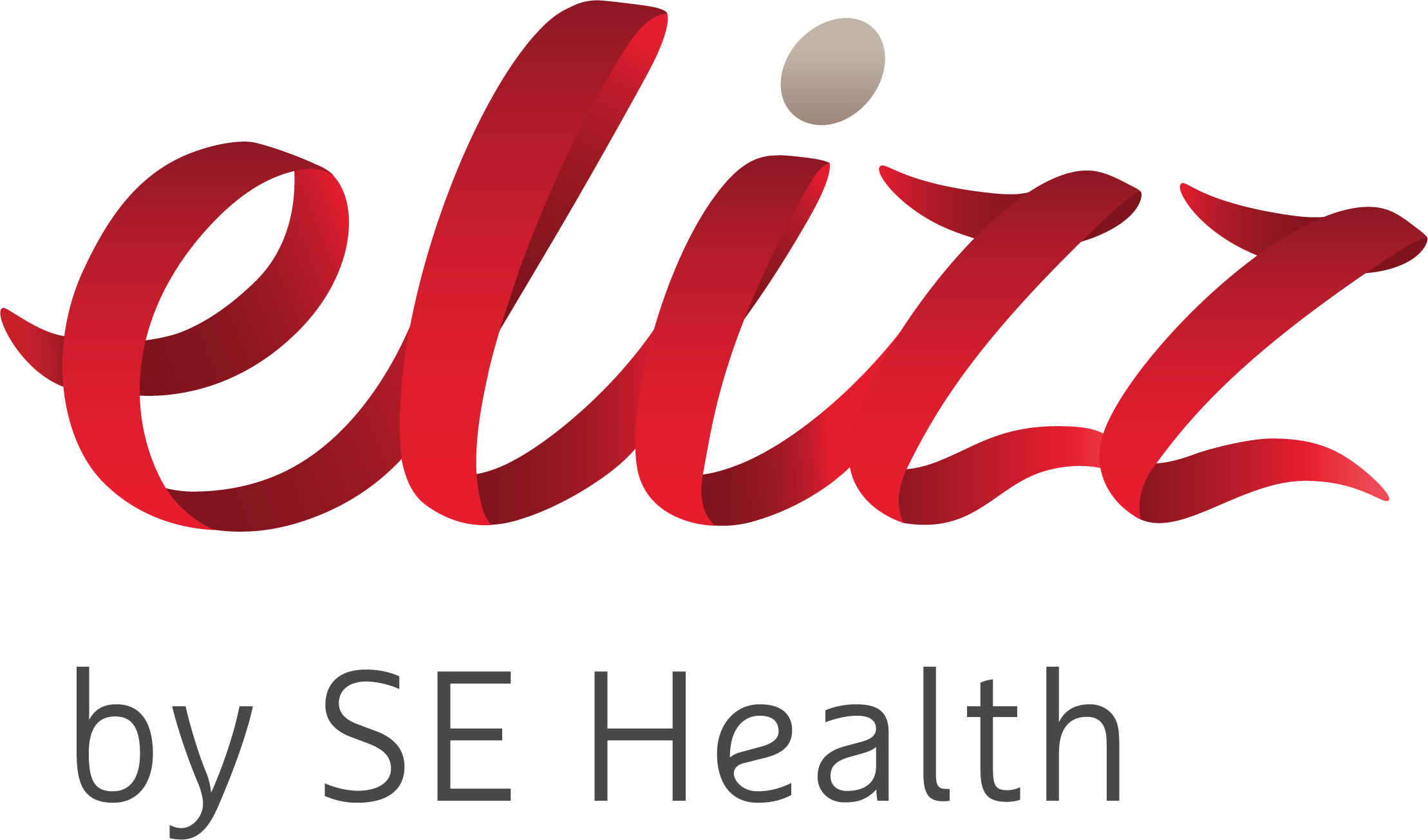Older adults and addictions: “unhealthy helping and giving”

What are the consequences for you?
At the very least, there is additional stress and anxiety. You may be wondering whether recovery is even possible. The short answer is: yes, but it can be a long haul before your mom or dad seeks recovery and the truth is that there is no guarantee they will ever begin the recovery process. You have probably already figured out that you can’t make them seek treatment. It’s an incredibly tough position for an adult son or daughter. Whether you may have been living with your parent’s addiction all your life, or their addiction developed later in their life, the risks are considerable for older adults with a substance use problem.
For some adult kids caring for older parents, there is a risk of crossing a line and enabling their addiction. This is related to the concept of codependency. This term was first used in the 1950s when therapists treating clients with addictions to alcohol noticed that a partner or spouse sometimes helped to maintain the addictive behaviour by enabling the person with the addiction. To date, there is no agreement about the definition or diagnosis of codependency and it has become so popularized and overused to the point that the act of caregiving can lead to a label of “codependency!” A less judgmental and more fruitful way to explore the ideas embedded in codependency is through the lens of what Dr. Shawn Meghan Burn describes as “unhealthy helping and giving.”
“Unhealthy helping and giving”
- “Bearing others’ negative consequences”
This is when we bail others out of the trouble they brought on themselves. This prevents the person from fully experiencing the results or the consequences of their behaviour. Examples may include paying fines, court costs, increased insurance costs, etc.
- “Accepting others’ bogus excuses “
This is when we accept the person’s justifications and rationalizations for the behaviour. This may be done to keep the peace because questioning the reason for the behaviour may result in the person questioning your love or loyalty.
- “Making bogus excuses for others”
Similar to the point above, this is when you defend the person in your care in order to justify their behaviour. Again, like accepting excuses, making excuses is often seen by sons and daughters as an expression of loyalty.
- “Covering for others by lying for them or doing their work”
This one is pretty straightforward. Do you have a pattern of covering up or lying for your mom or dad?
- “Overlooking violated boundaries and agreements”
In dysfunctional helping and giving relationships, the caregiver sets boundaries (for example, “if I come over to mow your lawn and find you drunk, I am not going to offer to help anymore”) and/or the person with the addiction makes agreements (for example, “I’m going to get help tomorrow”) but there is no follow-through.
- “Accommodating others’ unhealthy behaviours”
Dr. Burn describes this as catering to “manufactured needs” which are needs that would be non-existent if the person sought treatment or stuck to a treatment plan (so while this includes addictions, it is also applicable to poorly managed mental and physical illnesses, injuries, or diseases). Accommodations would include such things as stocking the home or driving the person to pick up their drugs or alcohol.
To sum up, enabling is about propping up or reinforcing the addiction. Without consequences, the motivation or incentive to get help with the addiction is reduced. Caring for someone with an addiction can be draining and is likely having an impact on your own mental and physical health. You may have been trying to control and manage the addiction at the expense of your own health and wellbeing.
So, now what?
It is really important to look at your own behaviour with non-judgmental eyes. Think about how a kind and loving aunt, uncle, or dear friend would react to your behavior. These are complicated relationships and if you suspect or know that you have been enabling the addiction, it is not because you are fatefully a “codependent.” This label is only helpful, as Dr. Burn points out, if it empowers you to “understand and change your unhealthy behaviour and choices.”
Please also keep in mind your original intention to support and care for your parent/s. The fact that you may have crossed a line from “healthy helping and giving” to “unhealthy helping and giving” or from supporting to enabling does not change your good intentions. You may not have known how to behave or react any differently.
You may already know that simply reading an article will be insufficient and you will need professional help and support to make healthier choices when it comes to caring for a parent with an addiction.
It may be time to turn your attention to what is considered healthy helping and giving.









